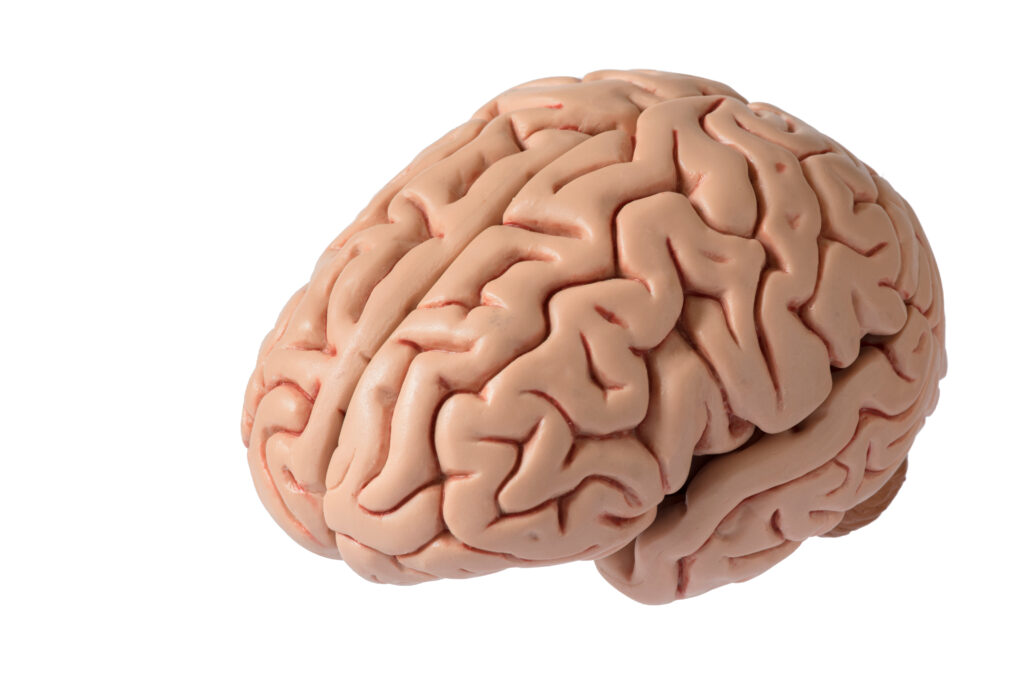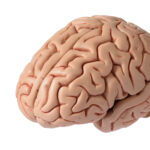### The Silent Role of Tea Variety in Daily Cognitive Maintenance Rituals
Tea has been a staple in many cultures for centuries, not just for its taste but also for its numerous health benefits. When it comes to maintaining cognitive health, tea plays a significant role, and the variety of teas available can make a difference in how effectively it supports our brains.
#### The Benefits of Tea
Tea, whether it’s green, black, or oolong, contains a unique set of compounds that contribute to its cognitive benefits. One of the key compounds is L-theanine, an amino acid found in all three types of tea. L-theanine helps improve cognitive performance and mood without the stimulating effects of caffeine[1].
#### Green Tea and Brain Health
Green tea has been extensively studied for its potential to reduce the risk of dementia. A groundbreaking study in Japan found that regular consumption of green tea was linked to fewer white matter lesions in the brain, which are often associated with conditions like Alzheimer’s disease[2]. The study also revealed that the more green tea consumed, the fewer lesions observed. Participants drinking three cups of green tea daily showed a 3% reduction in lesions, while those drinking seven to eight cups daily showed a 6% reduction[2].
#### Other Types of Tea
While green tea has garnered significant attention for its brain-protective properties, other types of tea also offer cognitive benefits. Black tea and oolong tea have been shown to have similar protective effects, although the exact mechanisms may differ slightly[4]. The key is not just the type of tea but also the frequency of consumption. Drinking tea regularly, regardless of the type, can lead to improved cognitive function and a lower risk of dementia[4].
#### How Tea Supports Cognitive Health
Tea’s cognitive benefits can be attributed to its rich profile of antioxidants like catechins and polyphenols. These compounds help combat oxidative stress and reduce inflammation, both of which contribute to cognitive decline. Additionally, the unique combination of L-theanine and caffeine in tea can enhance alertness and focus without causing the jitters associated with high caffeine intake[1].
#### Incorporating Tea into Your Daily Routine
Incorporating tea into your daily routine can be as simple as starting with a few cups a day. For those interested in green tea specifically, drinking three cups daily may offer tangible benefits. Beyond its potential to reduce white matter lesions, green tea provides a calming ritual that encourages mindfulness—a practice often linked to overall well-being[2].
#### Conclusion
Tea variety plays a silent yet significant role in daily cognitive maintenance rituals. Whether you prefer the calming effects of green tea, the robust flavor of black tea, or the smooth taste of oolong tea, incorporating tea into your daily routine can support your brain health. While no single food or beverage can prevent complex conditions like dementia, tea, paired with a healthy lifestyle and proactive healthcare, may form part of a holistic approach to aging gracefully.
So, the next time you reach for a cup of tea, remember that it’s not just a drink—it’s a ritual that supports your cognitive well-being.


